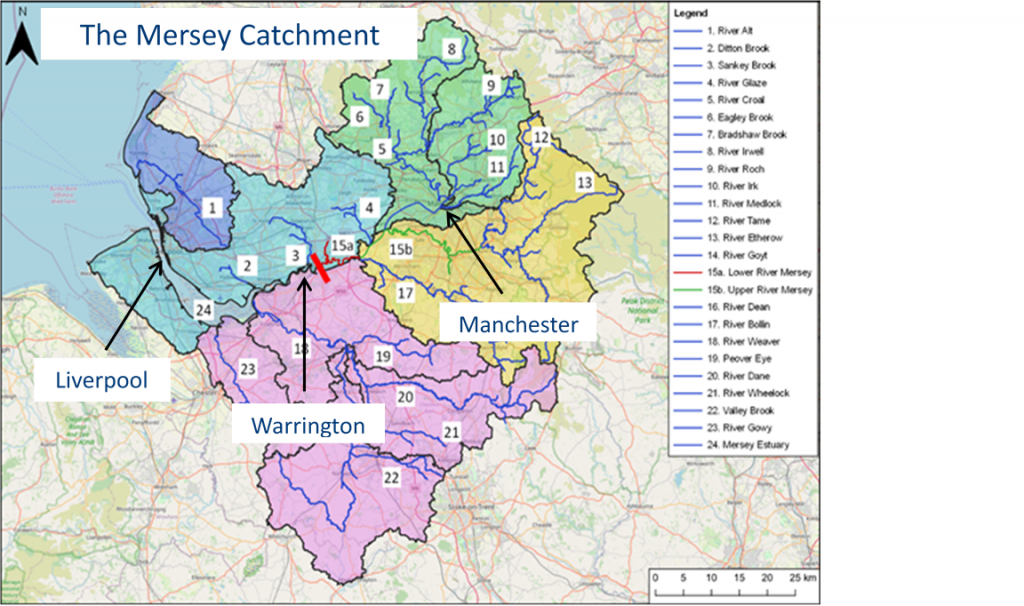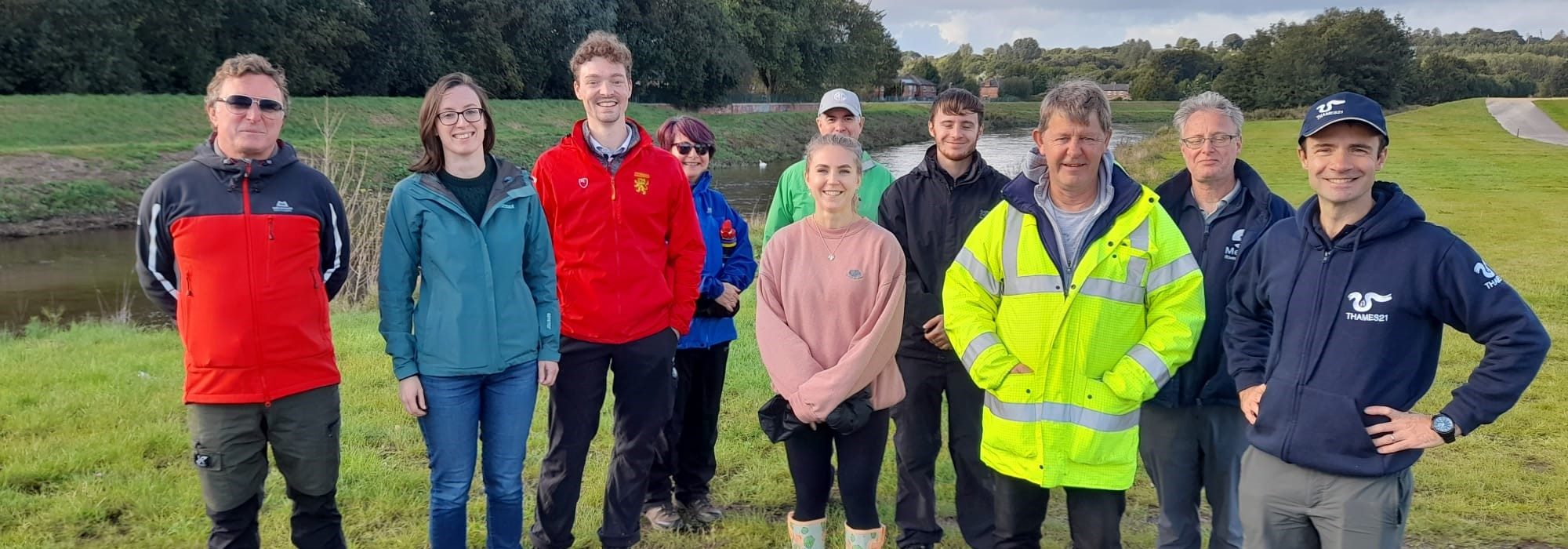Citizen science volunteers ready to contribute to our Plastic Free Mersey project
Thames21 is proud to announce that its first wave of volunteers have successfully completed their training to be citizen scientists on the Plastic Free Mersey project! We hope that the data they collect using the litter survey methods that they have learnt will help to encourage a positive change in people’s behaviour around waste disposal, with less littering and more recycling.
During our online sessions, volunteers learnt about the problems associated with plastics in rivers, including how animals may mistakenly perceive plastic to be food due to the smell (given by microorganisms growing on them), and the way that macroplastics can fragment into smaller pieces and eventually become microplastics. We emphasised how citizen science projects such as this and Thames River Watch can empower many people to become change makers. Volunteers then received a brief introduction to the project’s litter survey methods, and a briefing on health and safety.
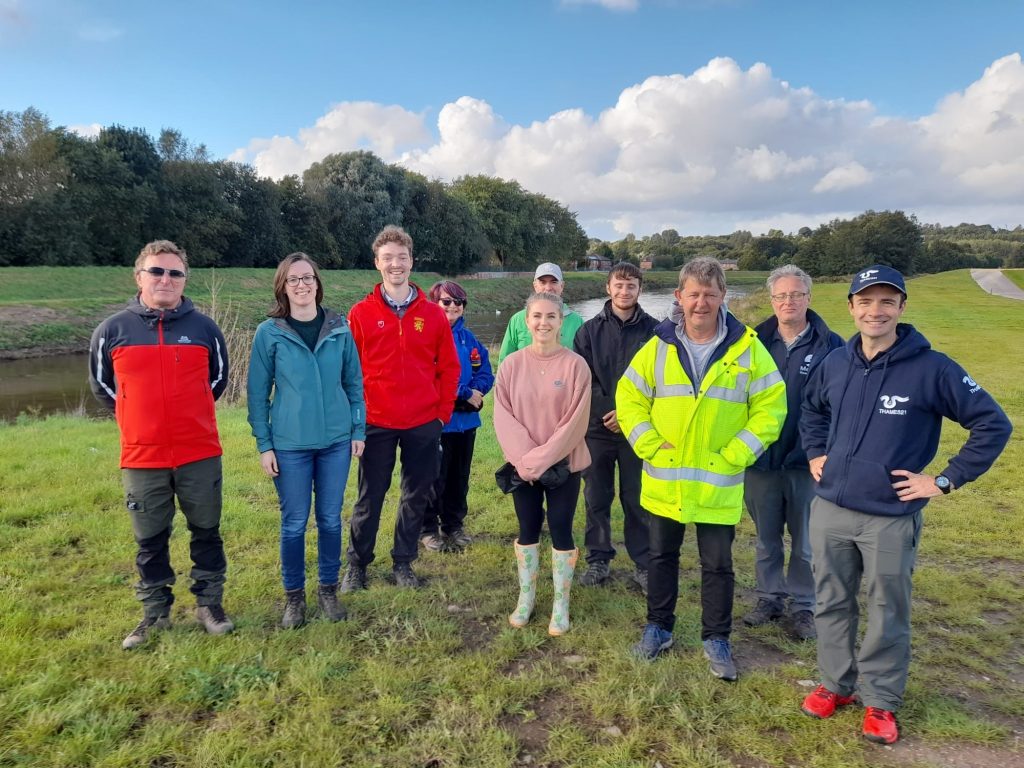
Volunteers who attended our in-person training days in Manchester and Liverpool then put the methods they learnt online into practice. At Kersal Wetlands in Salford (Manchester), we were able to enjoy some sunny spells as volunteers counted, categorised and collected the litter they found within a small section of the site. Although several days of heavy rain meant that the river level was too high to safely access the riverbank, we were still able to practice the methods away from the river.
Kersal Wetlands is an outdoor space situated within a tight meander of the River Irwell, and has been developed for flood protection. A wetland has also been created within a subsection of the floodplain itself, improving the area’s biodiversity and providing an ideal environment for nesting birds. Historically, this space was a racecourse; now, locals can often be seen using this space for cycling, running, or walking.
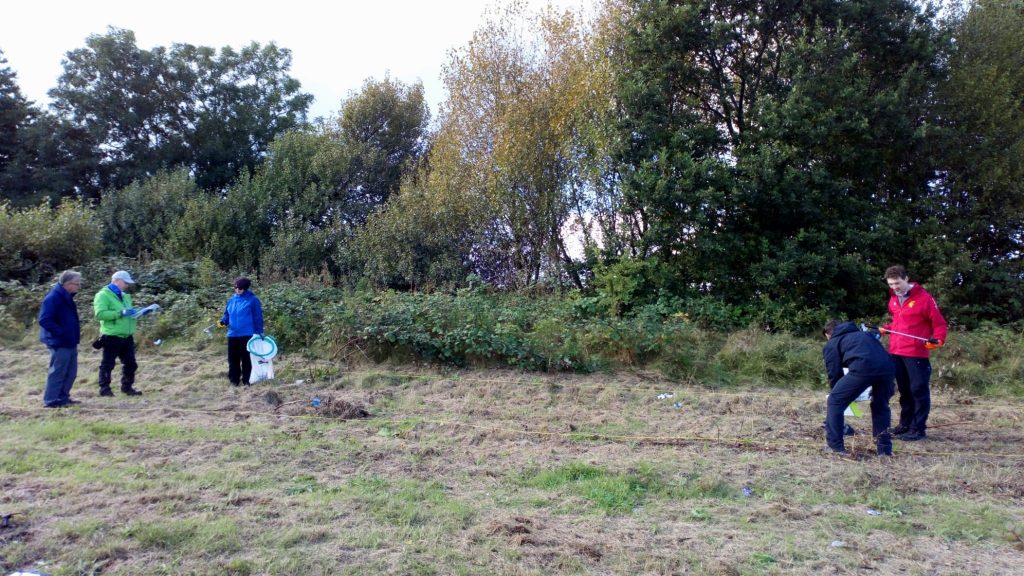
On Otterspool Promenade in Liverpool the weather was not so kind, and volunteers braved high winds and wet weather to practice the project’s methods. This site is situated on the estuary of the River Mersey, where direct river access is not possible, so volunteers analysed the litter that they could see in the Mersey estuary and on the footpath during a walking survey.
Although much of the litter that enters rivers ends up in the ocean, litter at an estuary or tidal zone tends to move back-and-forth with the tide, causing litter to accumulate. This can often be a complex issue to resolve, which is why preventing litter from entering rivers in the first place is incredibly important.
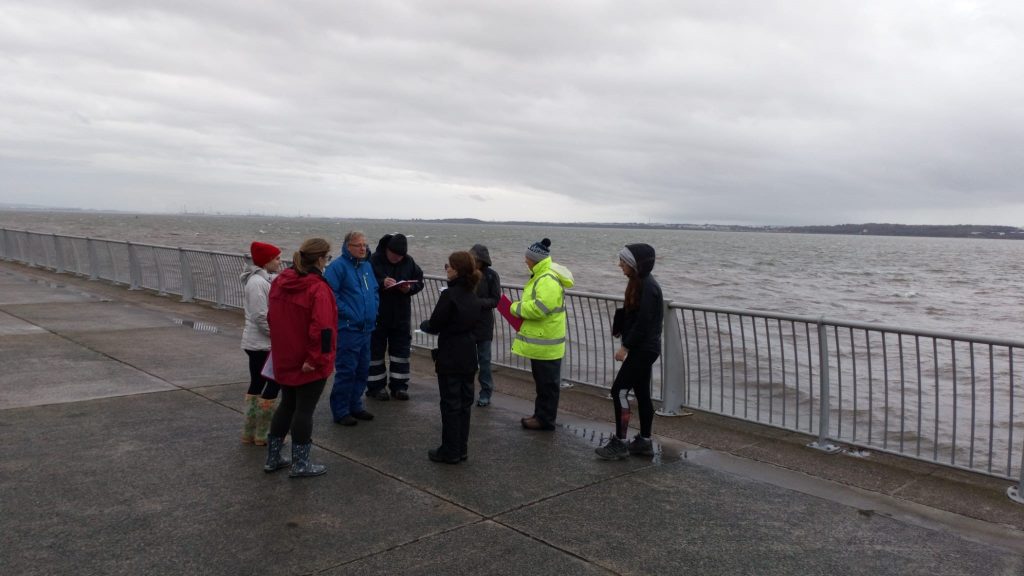
We are now eager to train our next wave of volunteers, from all areas of the Mersey Catchment. If you are passionate about the environment and want to make a difference in your local community, we would love to welcome you onto this citizen science project. As full training is provided, no volunteering or citizen science experience is necessary.
Below is a map of the Mersey Catchment: please do get in touch with us if you want to be part of the project to survey litter on riverbanks on your local river. We have now run five online sessions and have scheduled two onsite sessions on Friday 19th and Sunday 21 November. If you would like to sign up, please visit our events page to register for these sessions or future training.
